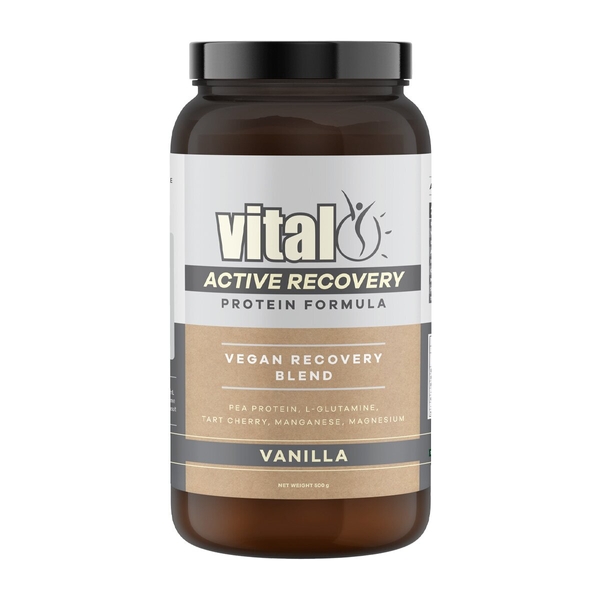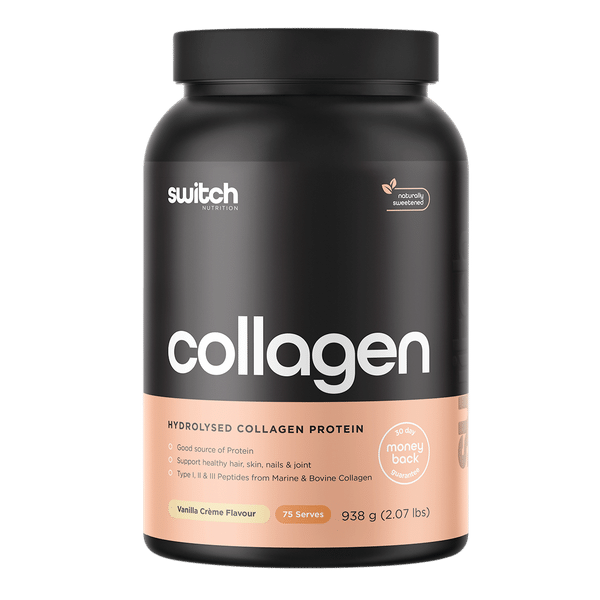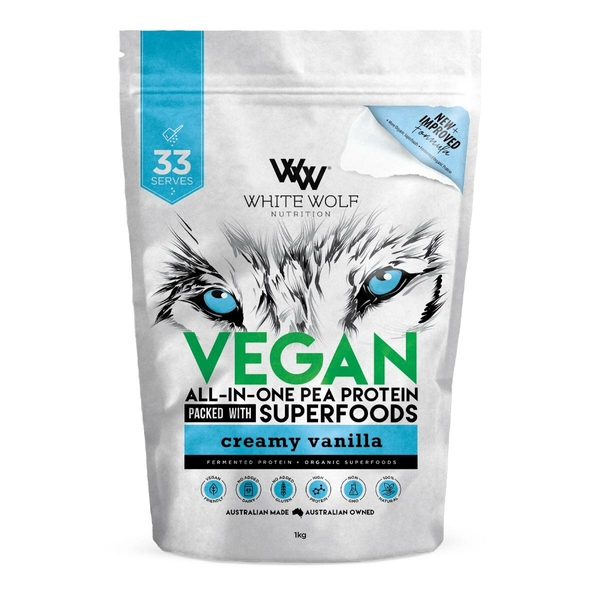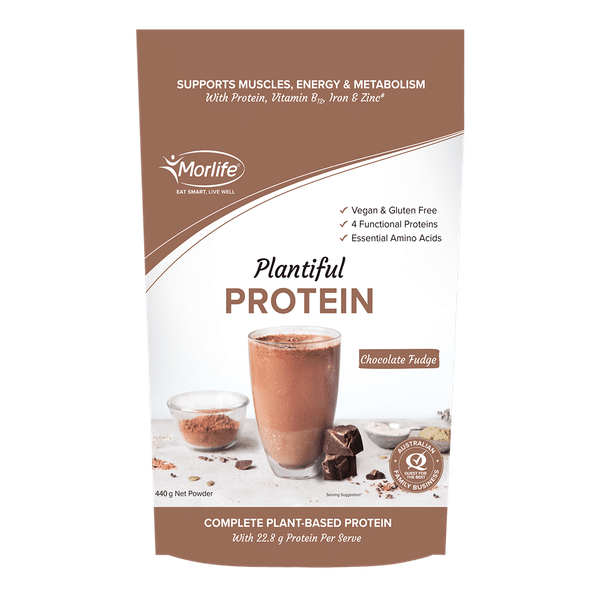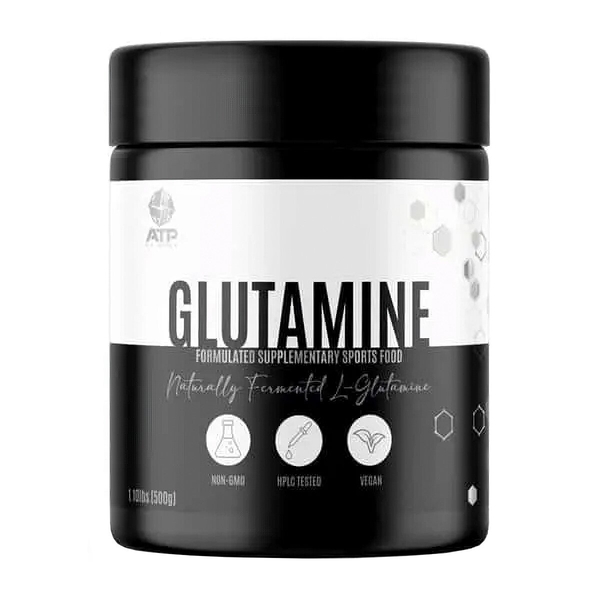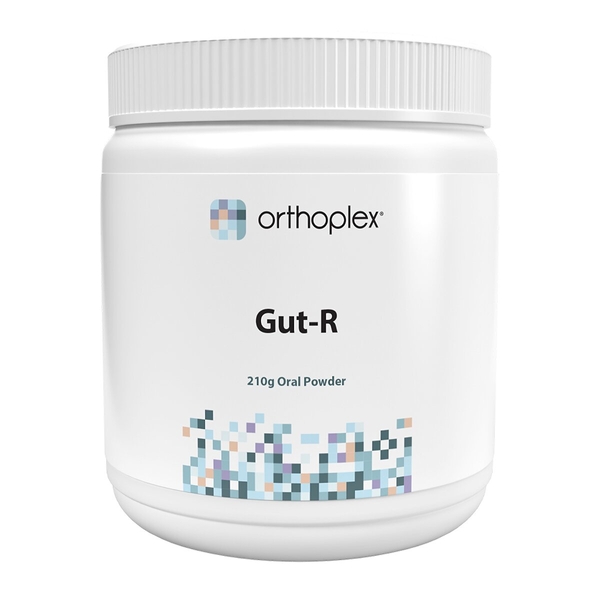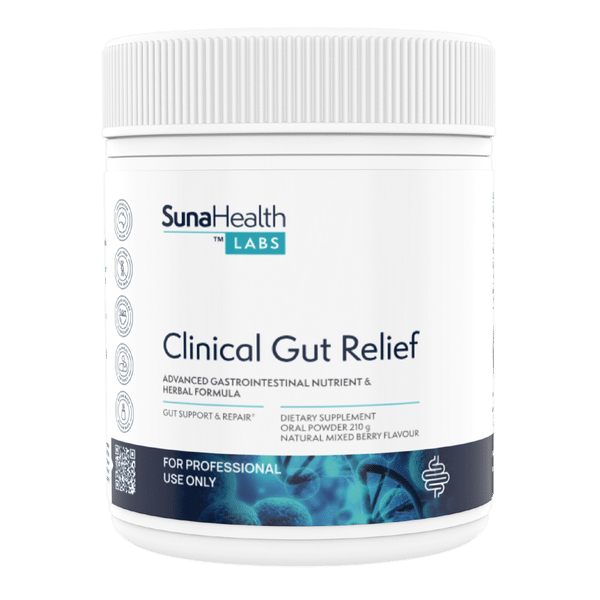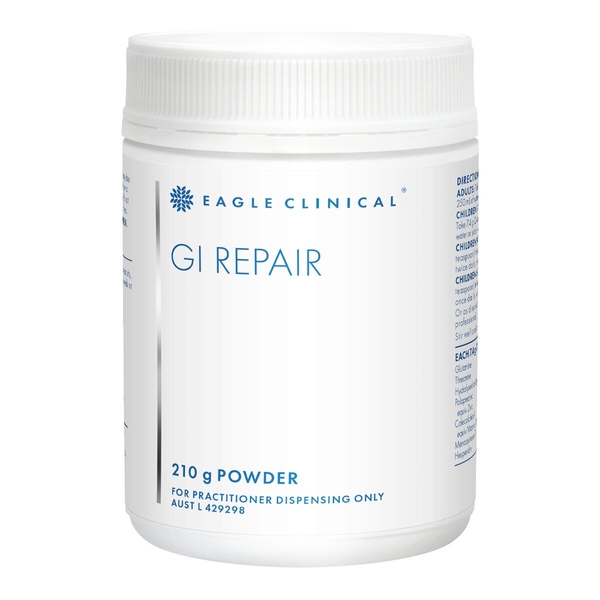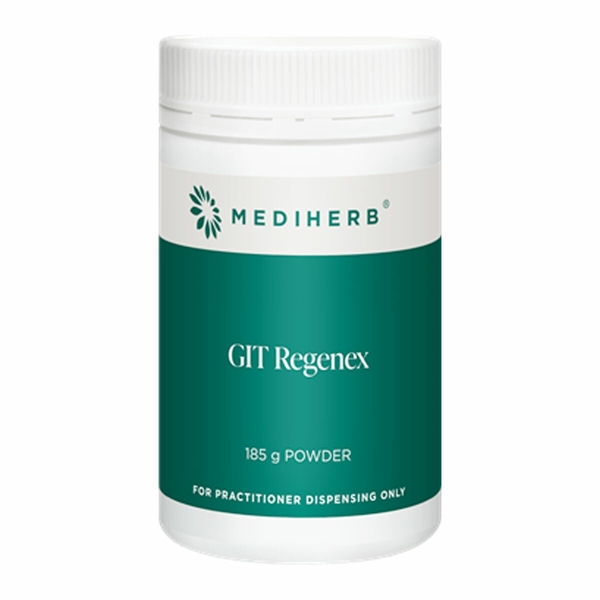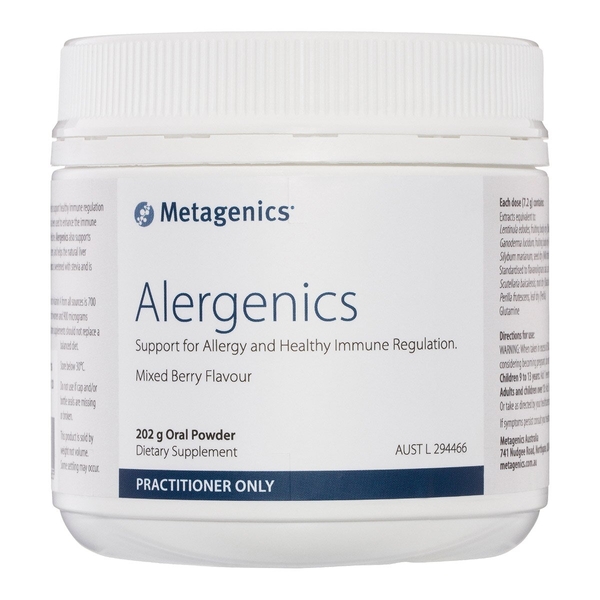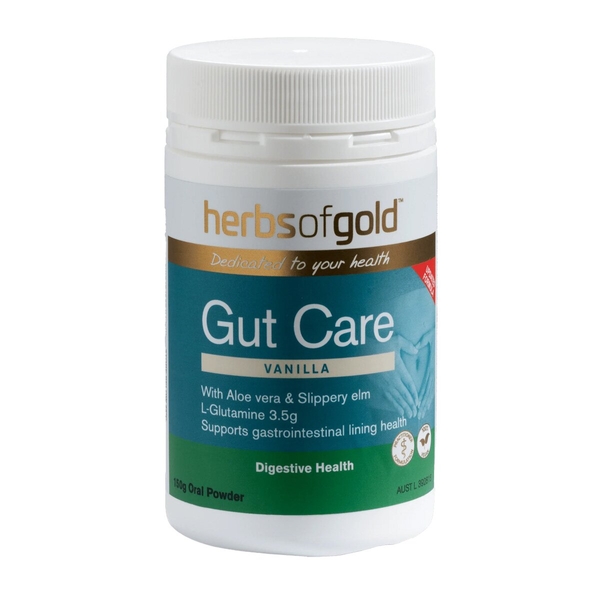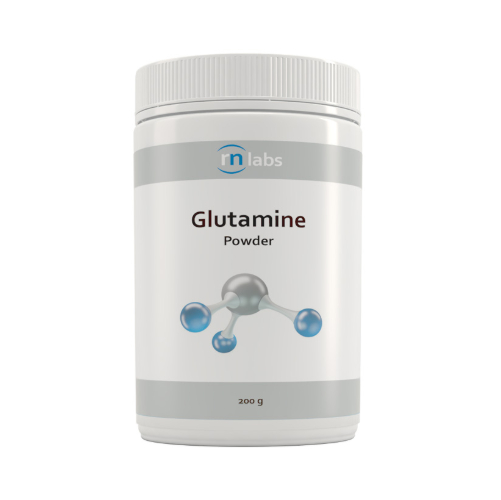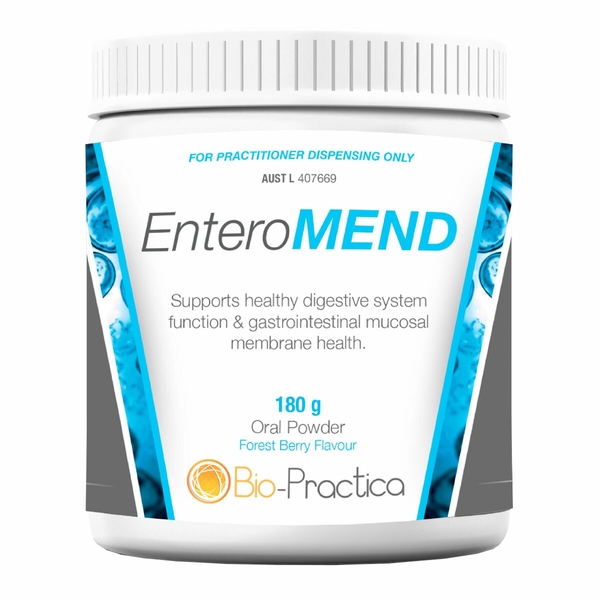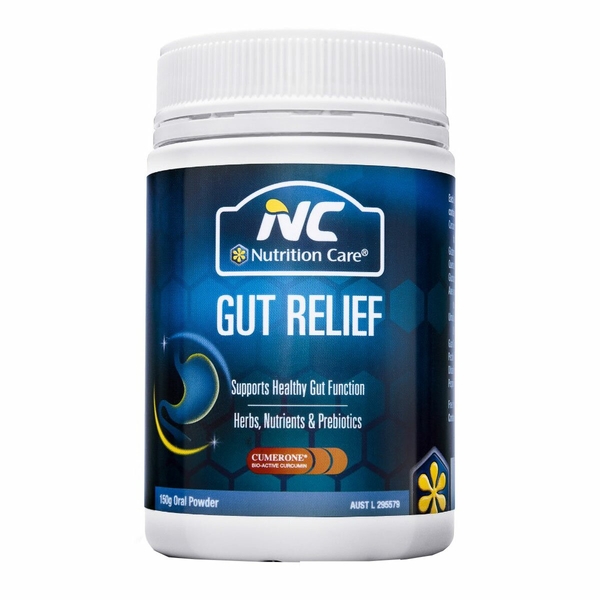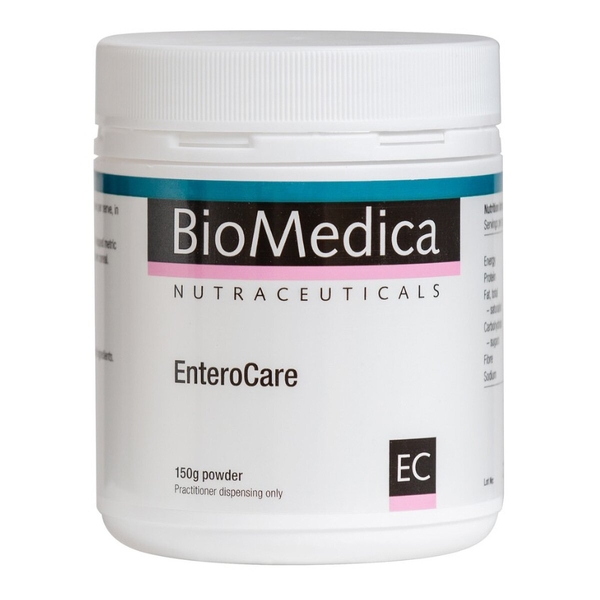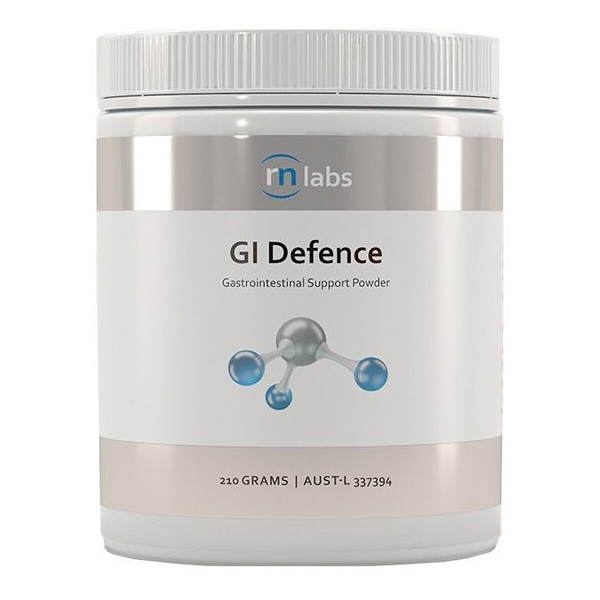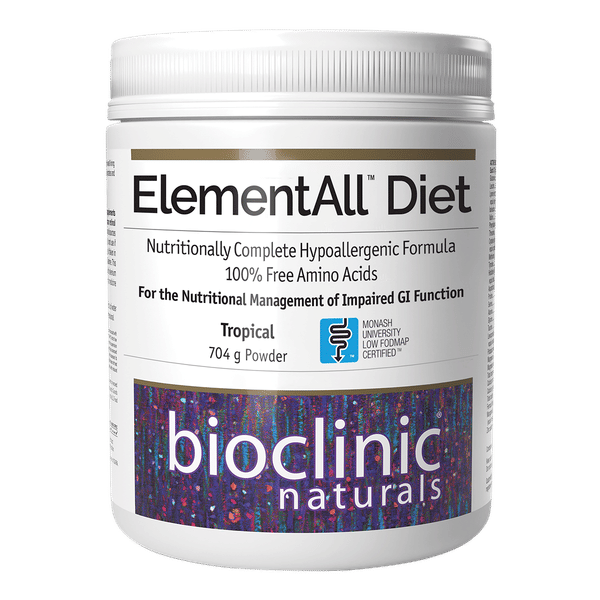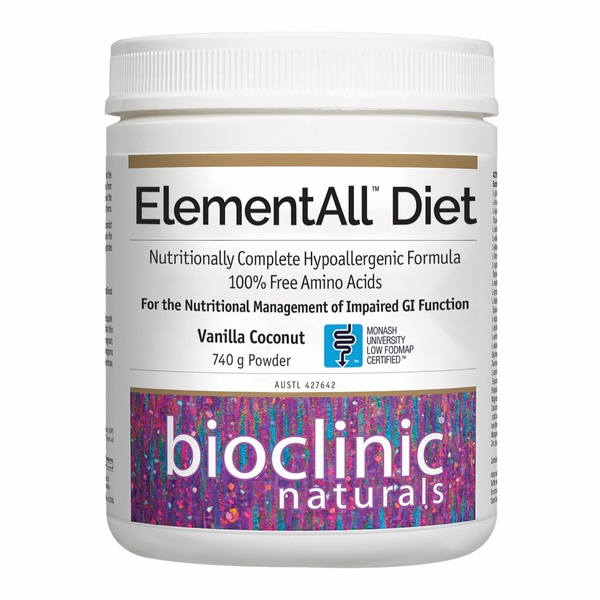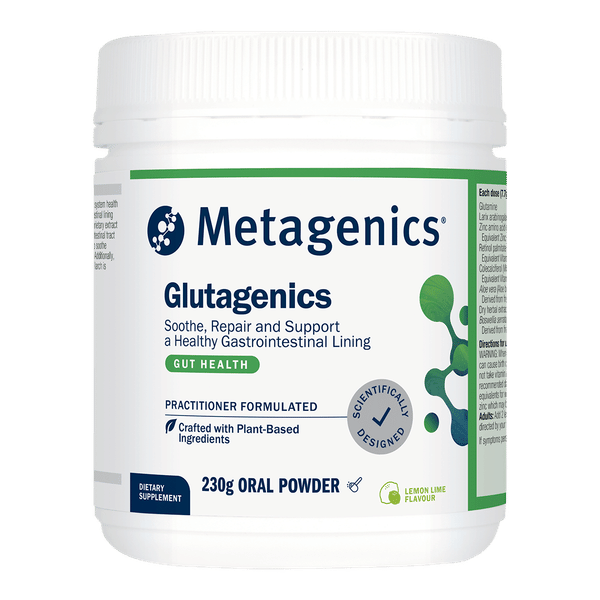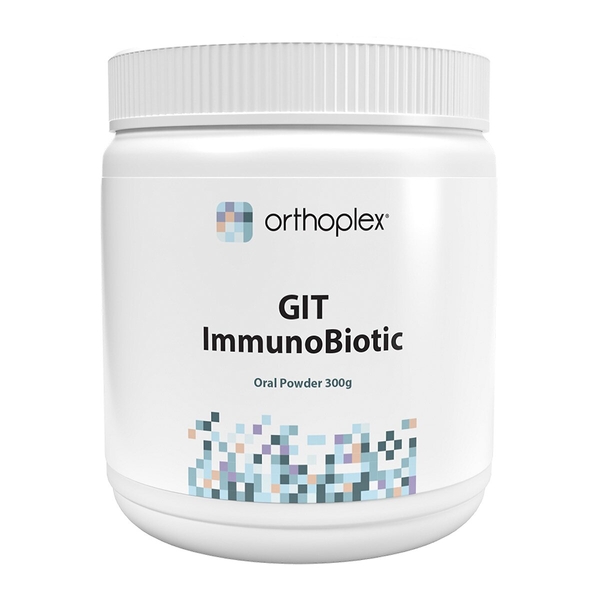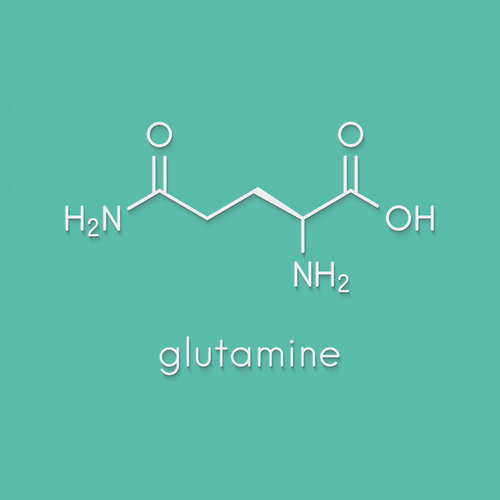
Glutamine
Scientific names: L-(+)-2-Aminoglutaramic acid
Alternate names: Acide Glutamique, Acide Glutamique HCl, Acide L-(+)-2-Aminoglutaramique, Acide L-Glutamique, Acide L-Glutamique HCl, Alanyl-L-Glutamine Dipeptide, Éthyle Ester de Glutamine, Éthyle Ester de Glutamine HCl, GLN, Glutamate, Glutamic Acid, Glutamic Acid HCl, Glutamic Acid Hydrochloride, Glutamina, Glutaminate, Glutamine Ethyl Ester, Glutamine Ethyl Ester HCl, Glutamine Methyl Ester, Glutamine Peptides, Levoglutamide, Levoglutamine, L-Alanyl-L-Glutamine, L-Glutamic Acid, L-Glutamic Acid HCl, L-Glutamic Acid Hydrochloride, L-Glutamic Acid 5-Amide, L-Glutamine, N-Acetyl-L-Glutamine, Peptides de Glutamine, Q
Actions: Anti-cytotoxic, Cardioprotective, Exercise performance, Gastrointestinal, Growth, Hepatoprotective, Immune, Muscle developing, Muscle sparing, Weight, Wound-healing
Background
Glutamine is the most abundant amino acid found in the body. It's made in the muscles and transferred by the blood into different organ systems.
Glutamine is a building block for making proteins in the body. It's also needed to make other amino acids and glucose. Glutamine supplements might help gut function, immune function, and other processes, especially in times of stress when the body uses more glutamine.
People take glutamine for sickle cell disease, burns, to improve recovery after surgery, for injuries, and for complications of HIV/AIDS. It is also used for diarrhea, cystic fibrosis, obesity, lung cancer, and many other conditions, but there is no good scientific evidence to support most of these other uses.
Glutamine (Endari) is approved by the US FDA as a prescription drug for sickle cell disease.
Glutamine is a building block for making proteins in the body. It's also needed to make other amino acids and glucose. Glutamine supplements might help gut function, immune function, and other processes, especially in times of stress when the body uses more glutamine.
People take glutamine for sickle cell disease, burns, to improve recovery after surgery, for injuries, and for complications of HIV/AIDS. It is also used for diarrhea, cystic fibrosis, obesity, lung cancer, and many other conditions, but there is no good scientific evidence to support most of these other uses.
Glutamine (Endari) is approved by the US FDA as a prescription drug for sickle cell disease.
Safety Safety definitions
When taken by mouth: Glutamine is likely safe when used in doses up to 40 grams daily. Side effects are generally mild and might include bloating, nausea, dizziness, heartburn, and stomach pain.
Children: Glutamine is likely safe when taken by mouth in doses up to 0.7 grams/kg body weight daily. There isn't enough reliable information to know if higher doses of glutamine are safe.
Liver disease: Glutamine can increase the risk for brain function issues in people with advanced liver disease. Do not use it if you have liver disease.
Bipolar disorder: Glutamine might increase the risk for mania or hypomania in people with this condition.
Monosodium glutamate (MSG) sensitivity: If you are sensitive to MSG, you might also be sensitive to glutamine. The body converts glutamine to glutamate.
Seizures: There is some concern that glutamine might increase the likelihood of seizures in some people. Avoid use.
Special Precautions & Warnings:
Pregnancy and breast-feeding: Glutamine is consumed as part of the diet. There isn't enough reliable information to know if glutamine is safe to use in larger amounts as a medicine when pregnant or breast-feeding. Stay on the safe side and avoid use.Children: Glutamine is likely safe when taken by mouth in doses up to 0.7 grams/kg body weight daily. There isn't enough reliable information to know if higher doses of glutamine are safe.
Liver disease: Glutamine can increase the risk for brain function issues in people with advanced liver disease. Do not use it if you have liver disease.
Bipolar disorder: Glutamine might increase the risk for mania or hypomania in people with this condition.
Monosodium glutamate (MSG) sensitivity: If you are sensitive to MSG, you might also be sensitive to glutamine. The body converts glutamine to glutamate.
Seizures: There is some concern that glutamine might increase the likelihood of seizures in some people. Avoid use.
Effectiveness
NatMed Pro rates effectiveness based on scientific evidence according to the following scale: Effective, Likely Effective, Possibly Effective, Possibly Ineffective, Likely Ineffective, Ineffective, and Insufficient Evidence to Rate.
Effective Effectiveness definitions
- Sickle cell disease. A specific glutamine product (Endari, Emmaus Medical, Inc) is a US FDA-approved prescription drug for sickle cell disease. Taking it by mouth reduces sudden complications of sickle cell disease.
Possibly effective Effectiveness definitions
- Burns. Administering glutamine through a feeding tube seems to improve healing in people with severe burns.
- Critical illness (trauma). Taking glutamine by mouth or by IV seems to reduce complications in critically ill adults. But it doesn't seem to reduce the risk of death. IV products can only be given by a healthcare provider.
- Involuntary weight loss in people with HIV/AIDS. Taking glutamine by mouth seems to help HIV/AIDS patients absorb food better and gain weight.
- Recovery after surgery. Giving glutamine by IV seems to reduce the number of days spent in the hospital after surgery. But it doesn't seem to reduce the risk of death after any type of surgery. IV products can only be given by a healthcare provider.
Possibly ineffective Effectiveness definitions
- Athletic performance. Taking glutamine by mouth doesn't seem to improve athletic performance.
- A type of inflammatory bowel disease (Crohn disease). Taking glutamine by mouth doesn't seem to improve symptoms of Crohn disease.
- An inherited condition that can lead to kidney or bladder stones (cystinuria). Taking glutamine by mouth doesn't seem to improve symptoms of this condition.
- Infants weighing less than 2500 grams (5 pounds, 8 ounces). Giving glutamine to infants by mouth doesn't seem to improve side effects from low birth weight.
- A group of inherited disorders that cause muscle weakness and muscle loss (muscular dystrophy). Taking glutamine by mouth doesn't improve muscle strength in children with muscular dystrophy.
- Growth and development in premature infants. Giving glutamine by mouth doesn't seem to prevent illness or death in premature infants.
- Diarrhea caused by radiation therapy. Taking glutamine by mouth doesn't prevent diarrhea or reduce the severity of diarrhea caused by radiation therapy.
Dosing & administration
Glutamine has most often been used by adults in doses of 15-30 grams by mouth daily for up to 12 months. Speak with a healthcare provider to find out what dose might be best for a specific condition.
For information on using prescription glutamine, a product called Endari, speak with a healthcare provider.
For information on using prescription glutamine, a product called Endari, speak with a healthcare provider.
Interactions with pharmaceuticals
Medications used to prevent seizures (Anticonvulsants)
Interaction Rating=Moderate Be cautious with this combination.
Glutamine may increase the risk of seizures in some people. Therefore, taking glutamine may decrease the effects of medications used to prevent seizures.
Interactions with herbs & supplements
There are no known interactions with herbs and supplements.
Interactions with foods
There are no known interactions with foods.
Products
View all productsRRP: $54.76$35.60Save: 35%
Create account
Per serve (Vanilla Crème):
938 g Vanilla Crème
RRP: $89.95$80.95Save: 10%
Create account
Per 30 g (Creamy Vanilla):
- L-glutamine
- Pea protein isolate
- Vaccinium corymbosum powder
- Rubus idaeus powder
- Euterpe oleracea (berry) ext. (Acai)
- Medium chain triglycerides (MCT)
- Natural flavours
- Linum usitatissimum (seed) (Flaxseed)
- Plantago ovata (husk) (Psyllium)
- Sunflower seed
- Quinoa powder
- Amaranth powder
- L-leucine
- L-isoleucine
- L-valine
- Levocarnitine (L-carnitine)
- Stevia rebaubiana
- Fagopyrum esculentum powder
1 kg Creamy Vanilla
RRP: $83.88$73.81Save: 12%
Create account
Per 35 g (Chocolate Fudge):
- L-glutamine
- Oryza sativa (Brown rice)
- Vicia faba (Fava bean protein)
- Pumpkin seed protein
- Cannabis sativa (seed)
- Acacia sp. (fibre)
- L-glycine
- L-valine
- L-threonine
- L-leucine
- L-arginine
- L-isoleucine
- Theobroma cacao (Cocoa powder) 3.24 g
- Natural flavours
- Malus (powder) (Apple)
- Siraitia grosvenorii (Monk fruit)
- Medium Chain Triglycerides (powder) (MCT)
- Xanthan gum
- Eleutherococcus senticosus
- Coffea canephora
- Camellia sinensis
- Magnesium citrate
- Zinc gluconate
- Ferrous fumarate
- Pink Himalayan crystal salt
- Laminaria digitara (Kelp)
- Ananas comosus (Bromelain)
- Carica papaya (Papain)
- Vitamin D
- Cyanocobalamin (Vitamin B12)
RRP: $44.95$35.06Save: 22%
Create account
Practitioner product
Practitioner product
Practitioner product
Practitioner product
Per 7.2 g:
- L-glutamine 3.5 g
- Ganoderma lucidum ext. 353 mg
- Lentinula edodes ext. 375 mg
- Scutellaria baicalensis ext. 300 mg
- Perilla frutescens ext. 208 mg
- Choline bitartrate 1.5 g
- Retinol palmitate 1.4 mg equiv. vitamin A 750 μg RE
- Cholecalciferol (Vitamin D3) 12.5 μg equiv. vitamin D 500 IU
- Silybum marianum ext. 86 mg
- Zinc bisglycinate (Zinc amino acid chelate) 30 mg equiv. zinc 6 mg
Practitioner product
RRP: $52.50$36.75Save: 30%
Create account
Practitioner product
Per 5 g:
$49.95
Create account
Practitioner product
Practitioner product
Per 35.2 g:
- L-glutamine 2.22 g
- L-leucine 1.68 g
- Lysine hydrochloride 451.03 mg equiv. l-lysine 361 mg
- L-isoleucine 450 mg
- L-valine 450 mg
- L-phenylalanine 200 mg
- L-threonine 200 mg
- Cysteine hydrochloride 45 mg equiv. cysteine 31.04 mg
- L-methionine 120 mg
- L-tyrosine 112.5 mg
- Histidine hydrochloride 185.25 mg equiv. l-histidine 150 mg
- L-aspartic acid 111 mg
- L-proline 111 mg
- L-serine 27.75 mg
- L-alanine 27.75 mg
- Glycine 27.75 mg
- Taurine 11 mg
- Zinc sulphate monohydrate 5.7 mg equiv. zinc 2.08 mg
- Sodium ascorbate (Vitamin C) 22.5 mg equiv. ascorbic acid 20 mg
- d-alpha-Tocopheryl acetate 10 mg equiv. vitamin E 10 IU
- Retinol palmitate (Vitamin A) 421.72 µg equiv. vitamin A 230.21 µg equiv. vitamin A 767 IU
- Cyanocobalamin (Vitamin B12) 2 µg
- Levocarnitine tartrate (L-carnitine) 10.99 mg equiv. levocarnitine 7.5 mg
- Potassium citrate 402.65 mg equiv. potassium 145.75 mg
- Magnesium citrate 166.67 mg equiv. magnesium 27 mg
- Ferrous fumarate 4.6 mg equiv. iron 1.5 mg
- Manganese sulphate monohydrate 10.14 mg equiv. manganese 330 µg
- Selenomethionine 28.59 µg equiv. selenium 11.54 µg
- Copper sulfate pentahydrate 654.7 µg equiv. copper 167 µg
- Molybdenum trioxide 10.56 µg equiv. molybdenum 8 µg
- Chromium picolinate 30.87 μg equiv. chromium 3.84 μg
- Potassium iodide 22 µg equiv. iodine 17 µg
- Borax 2.20 mg equiv. boron 250 µg
- Choline bitartrate 80.89 mg equiv. choline 33.25 mg
- Nicotinamide (Vitamin B3) 3.25 mg
- Pyridoxine hydrochloride (Vitamin B6) 790 µg equiv. pyridoxine 650 µg
- Cholecalciferol 1.65 µg equiv. vitamin D3 66 IU
- Riboflavin (Vitamin B2) 500 µg
- Thiamine nitrate (Vitamin B1) 616.83 µg equiv. thiamine 500 µg
- Folic acid 31.27 µg
- Biotin 50 µg
- Calcium pantothenate (Vitamin B5) 3.53 mg equiv. pantothenic acid 3.25 mg
- Phytomenadione (Vitamin K1) 10 µg
- Glucose monohydrate 12.5 g
- Sunflower lecithin 250 mg
- Magnesium glycerophosphate 50.12 mg equiv. magnesium 6.25 mg
- Calcium glycerophosphate 392.73 mg equiv. calcium 75 mg
- Calcium phosphate 62.62 mg equiv. calcium 25 mg
- Chromic chloride hexahydrate 46.95 μg equiv. chromium 9.16 μg
- Levomefolate glucosamine (Activated folate) 8 μg equiv. levomefolic acid 4.5 μg
- Medium Chain Triglycerides (powder) (MCT) 3 g
Practitioner product
Per 37 g:
- Glutamine 2.22 g
- L-leucine 1.68 g
- Lysine hydrochloride 451.03 mg equiv. lysine 361 mg
- L-isoleucine 450 mg
- L-valine 450 mg
- L-phenylalanine 200 mg
- L-threonine 200 mg
- Cysteine hydrochloride 45 mg equiv. cysteine 31.04 mg
- L-methionine 120 mg
- L-tyrosine 112.5 mg
- Histidine hydrochloride 185.25 mg equiv. l-histidine 150 mg
- L-aspartic acid 111 mg
- L-proline 111 mg
- L-serine 27.75 mg
- Glycine 27.75 mg
- L-alanine 27.75 mg
- Taurine 11 mg
- Levocarnitine tartrate (L-carnitine) 10.99 mg equiv. levocarnitine 7.5 mg
- Potassium citrate 402.6 mg equiv. potassium 145.74 mg
- Magnesium citrate 167.09 mg equiv. magnesium 27 mg
- Magnesium glycerophosphate 49.99 mg equiv. magnesium 6.25 mg
- Calcium phosphate 62.64 mg equiv. calcium 25 mg
- Calcium glycerophosphate 393.27 mg equiv. calcium 75 mg
- Ferrous fumarate 45.6 mg equiv. iron 1.5 mg
- Manganese sulphate monohydrate 1.02 g equiv. manganese 330 µg
- Zinc sulphate monohydrate 5.74 mg equiv. zinc 2.08 mg
- Selenomethionine 28.64 µg equiv. selenium 11.54 µg
- Copper sulfate pentahydrate 656.27 µg equiv. copper 167 µg
- Molybdenum trioxide 12 µg equiv. molybdenum 8 µg
- Chromic chloride hexahydrate 46.95 µg equiv. chromium 9.16 µg
- Chromium picolinate 30.89 µg equiv. chromium 3.84 µg
- Potassium iodide 22.25 µg equiv. iodine 17 µg
- Borax 2.2 mg equiv. boron 250 µg
- Choline bitartrate 80.84 mg equiv. choline 33.25 mg
- Sodium ascorbate (Vitamin C) 22.5 mg equiv. ascorbic acid 20 mg
- dl-alpha-Tocopheryl acetate 10 mg equiv. vitamin E 10 IU
- Nicotinamide (Vitamin B3) 3.25 mg
- Retinol palmitate 418.58 µg equiv. vitamin A 767 IU
- Pyridoxine hydrochloride (Vitamin B6) 790 µg equiv. pyridoxine 650 µg
- Cholecalciferol 1.65 µg equiv. vitamin D3 66 IU
- Riboflavin (Vitamin B2) 500 µg
- Thiamine nitrate (Vitamin B1) 616.83 µg equiv. thiamine 500 µg
- Folic acid 31.27 µg
- Biotin 50 µg
- Calcium pantothenate (Vitamin B5) 3.53 mg equiv. pantothenic acid 3.25 mg
- Phytomenadione (Vitamin K1) 10 µg
- Cyanocobalamin (Vitamin B12) 2 µg
- Glucose monohydrate (Dextrose) 12.5 g
- Sunflower lecithin 250 mg
- Levomefolate glucosamine (Activated folate) 8 µg equiv. levomefolic acid 4.5 µg
- Medium Chain Triglycerides (powder) (MCT) 3 g
Practitioner product
Per 7.7 g (Lemon Lime):
Practitioner product
vital.ly has licensed monographs from TRC Healthcare.
This monograph was last reviewed on 03/10/2024 10:00:00 and last updated on 01/12/2020 03:11:25. Monographs are reviewed and/or updated multiple times per month and at least once per year.
Natural Medicines disclaims any responsibility related to medical consequences of using any medical product. Effort is made to ensure that the information contained in this monograph is accurate at the time it was published. Consumers and medical professionals who consult this monograph are cautioned that any medical or product related decision is the sole responsibility of the consumer and/or the health care professional. A legal License Agreement sets limitations on downloading, storing, or printing content from this Database. No reproduction of this monograph or any content from this Database is permitted without written permission from the publisher. It is unlawful to download, store, or distribute content from this site.

